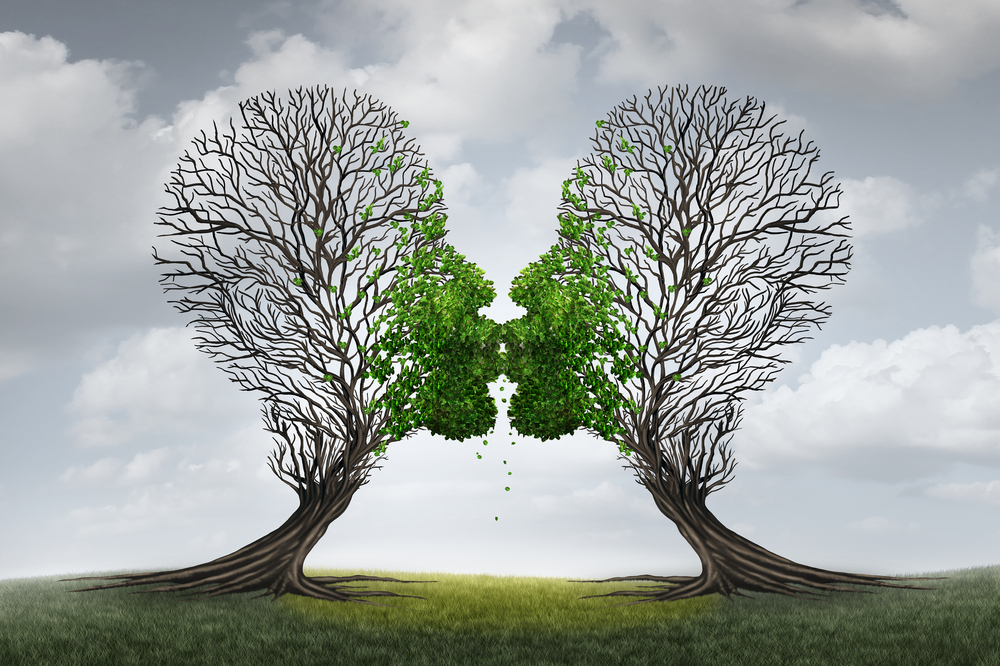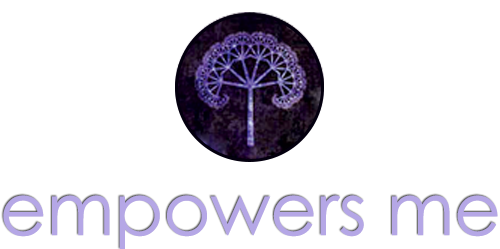
what is sexology?
“Sexual health is more than the absence of disease. Sexual pleasure and satisfaction are integral components of well-being and require universal recognition and promotion” (World Association of Sexual Health).
Sexology is the scientific study of human sexuality. It encompasses many other fields of research including psychology, sociology, biology, anthropology and criminology in order to fully understand the complexities of our sexual beliefs, thoughts, attitudes, behaviours and desires. Sexology at its best, is based on empirical evidence, scientific research and common sense rather than morals or myths. Sexology is interested in human sexuality in the broadest sense which means that it is not confined to heterosexual couples or people with sexual functioning problems. Sexology aims for the highest level of sexual health, well-being, pleasure and empowerment that any individual (whether single or in a relationship) can achieve.
Sexology advocates sexual well-being, safety and pleasure as basic human rights and therefore promotes open honest dialogue, access to proper, correct and non-religious sexuality education, sexual rights for those living with illness, injury and disability, and sexual rights for older people and for all genders and orientations.
what is a sexologist?
Above all, a sexologist has an open and non-judgmental attitude with no pre-conceived ideas of how a person should think, feel or behave sexually. Sexologists can be found working in a variety of fields depending on their specialisation (for example sexual health education, sexuality research, psychosexual therapy, forensic sexology and sexual advocacy).
My areas of expertise are psychosexual therapy, sexuality education, and training for health professionals wishing to improve or learn skills for communicating about sexuality with patients.
